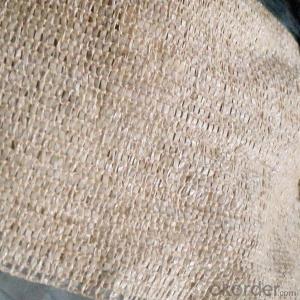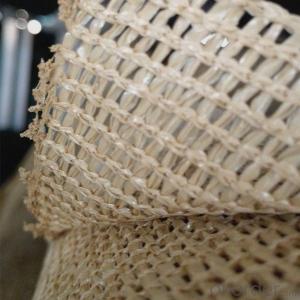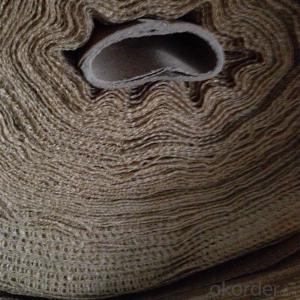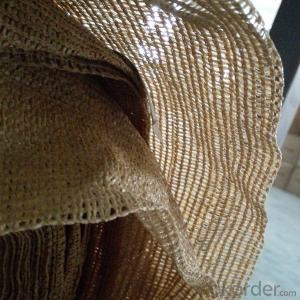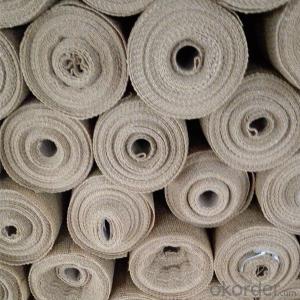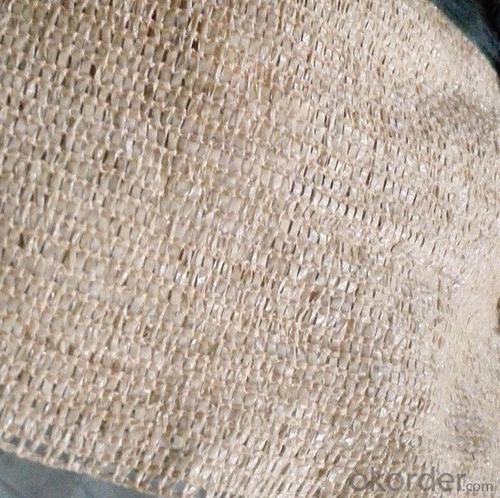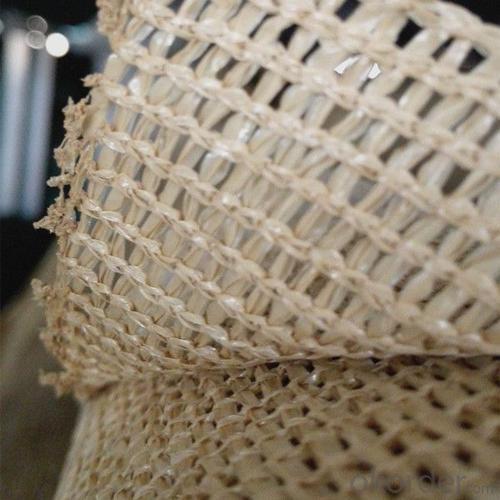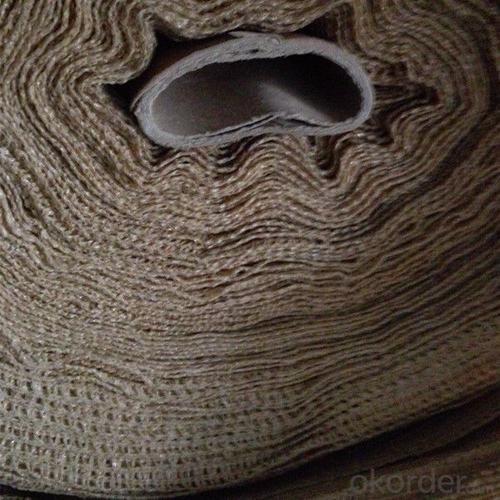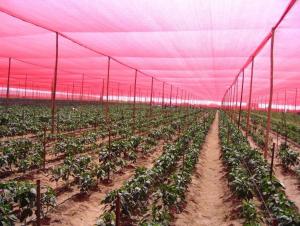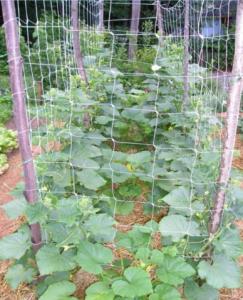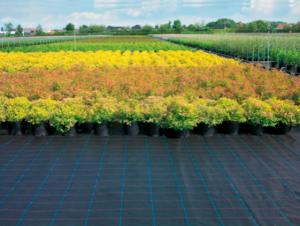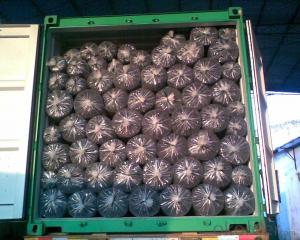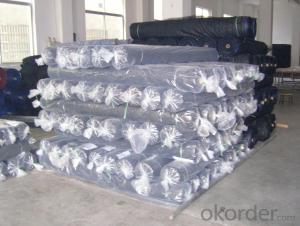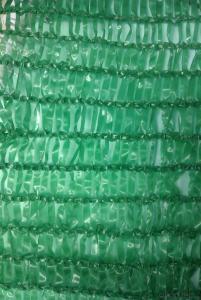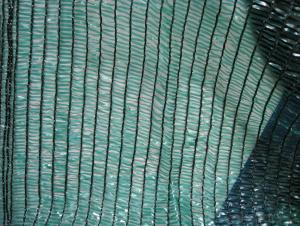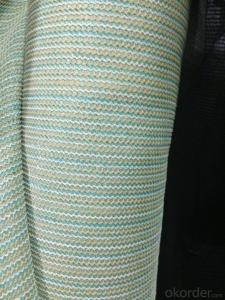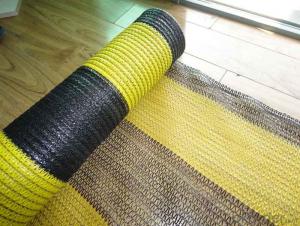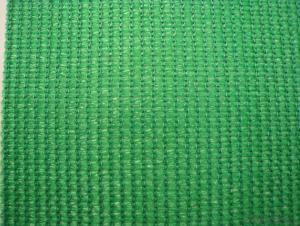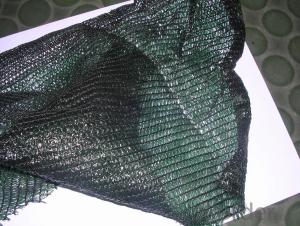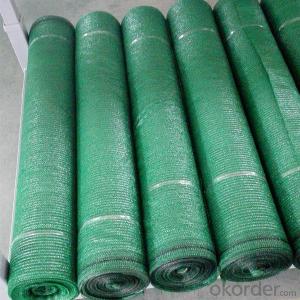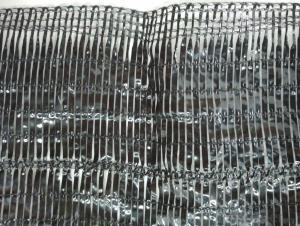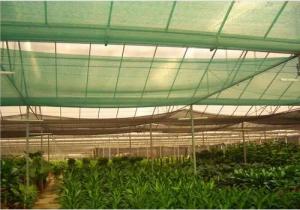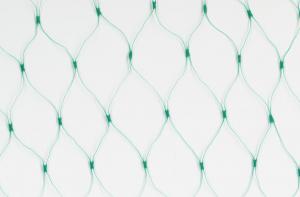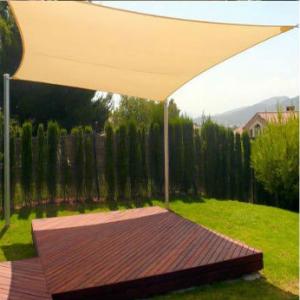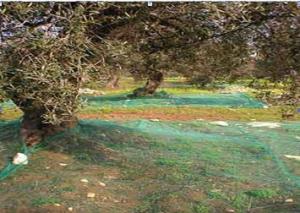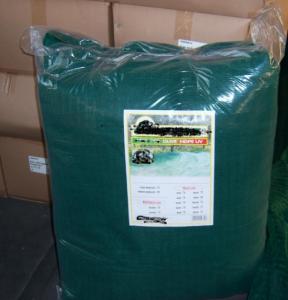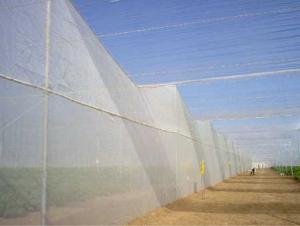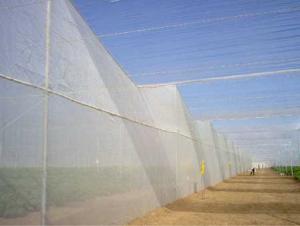1 4 Plastic Netting - Greenhouse HDPE UV Protection Sun Shade Nettings with 30%-95% Shade Rate
- Loading Port:
- Wenzhou
- Payment Terms:
- TT OR LC
- Min Order Qty:
- 50 m²
- Supply Capability:
- 20000 m²/month
OKorder Service Pledge
OKorder Financial Service
You Might Also Like
Greenhouse HDPE UV Protection Sun Shade Nettings with 30%-95% Shade Rate
Description:
100% Virgin HDPE sun shade net
2015 factory supply 30%--95%shade rate sun agriculture greenhouse shade cloth /mesh shade netting with competitive price
High Density Polyethylene Shade Net,Shade netting in plastic mesh is used against sun's harmful rays.We are always developing and searching for new technologies to improve the quality of your work and your profitability.
Charicteristics:
1.slows heat loss and keep the soil temperatures at night.
2.Shading meshes for solar protection of crops.
3.Restricting ultraviolet ray action on plants.
4.Reducing humidity loss in soil.
5.Enhances plant airing.
6.Protection against extreme temperatures.
7.increase crop yields
| Material | 100% virgin HDPE + 3% UV |
| Shade rate | 30%--90% |
| Net weight | 50G-200G/M2 or as you request |
| Life Usage | At least 5 years |
| Length | 50m,100m or as you request |
| Width | 2m,4m or as you request |
| Wire | Round or flat wire |
| Terms of payment | T/T, L/C 30% for advance and 70% for balance ,100% L/C at sight |
| Delivery time | 25-35 days after deposite |
| Packing | Rolls on cardboard tubes & wrapped in plastic with color label (or any customized) |
Product show:
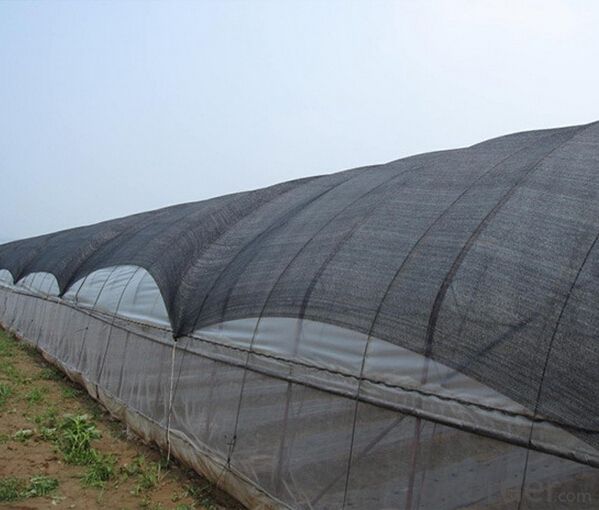
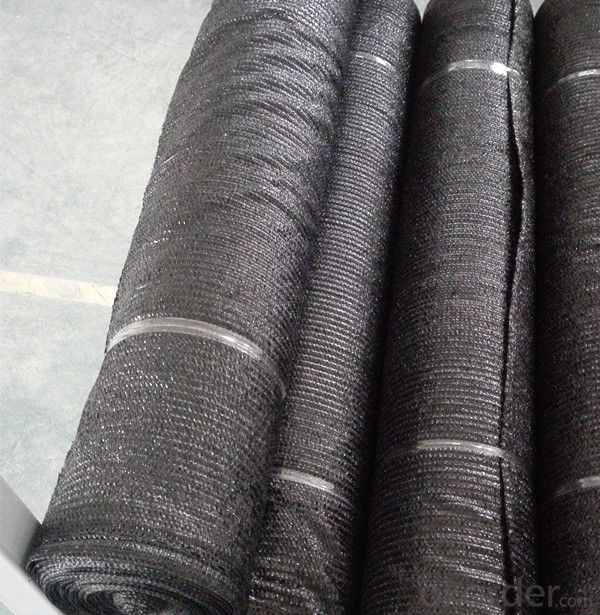
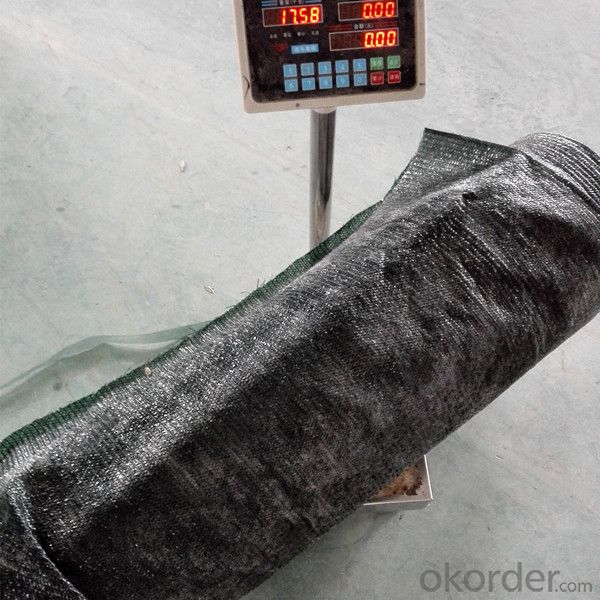
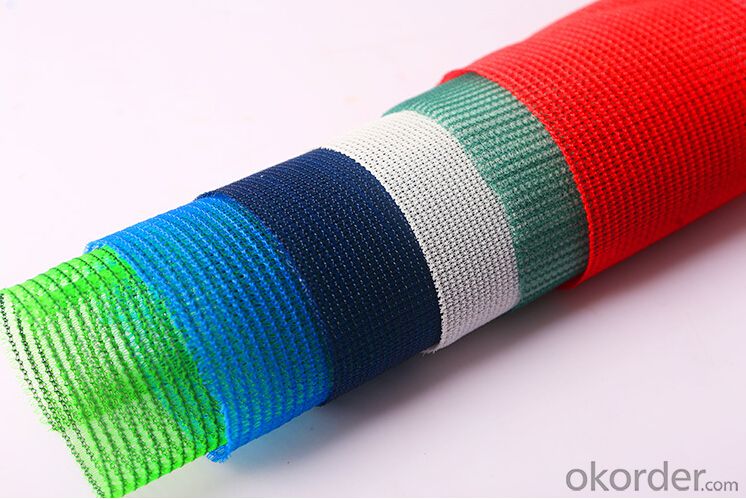
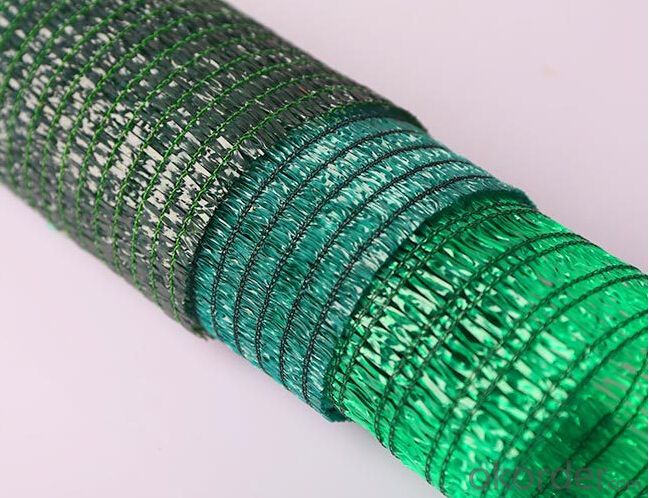
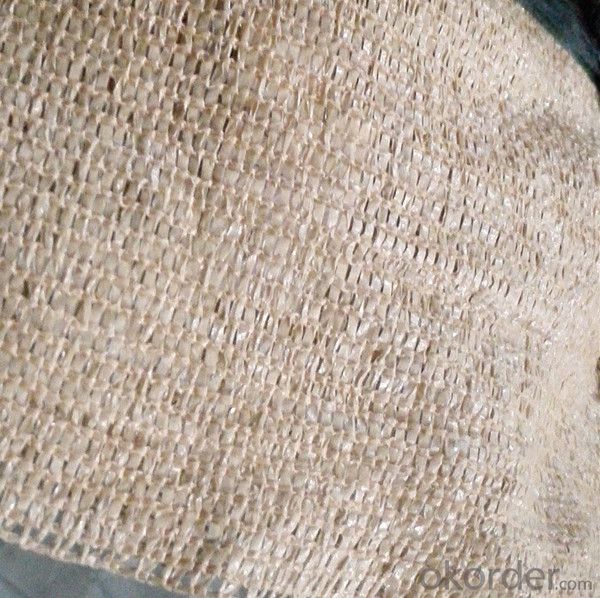
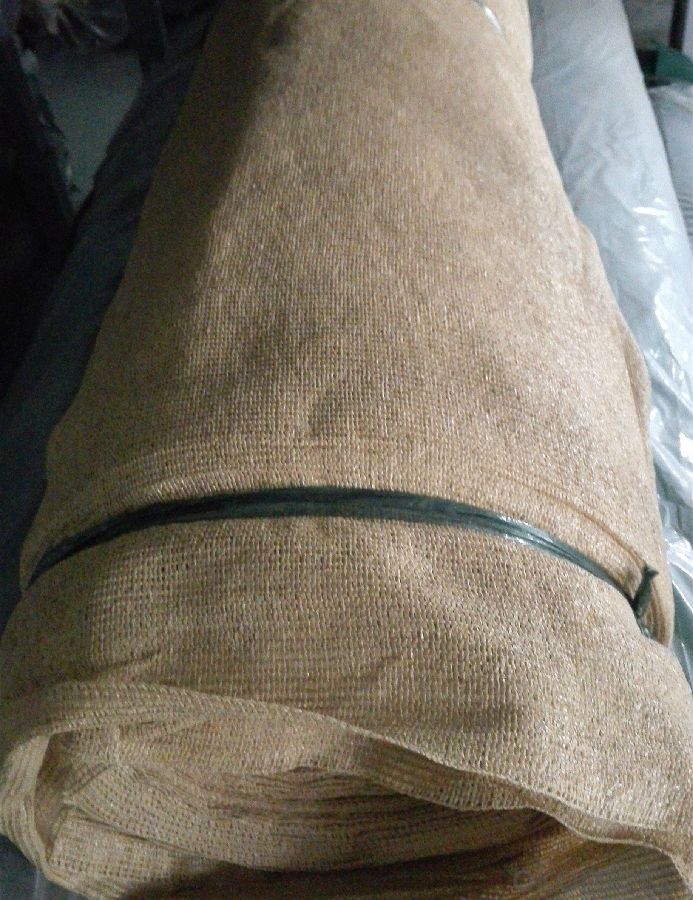
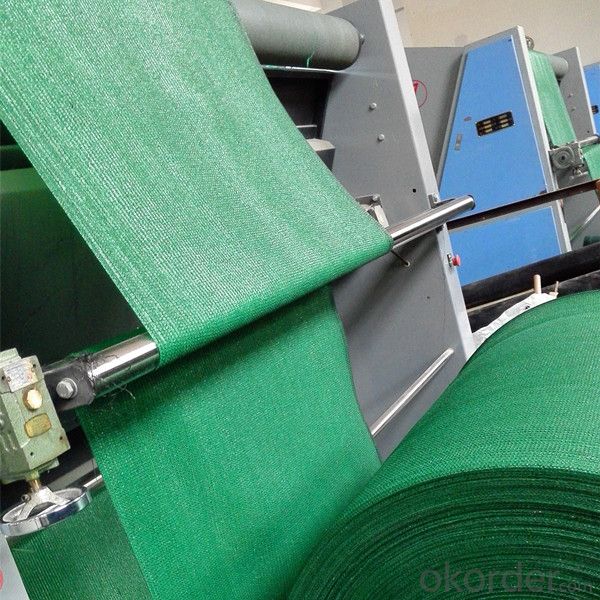
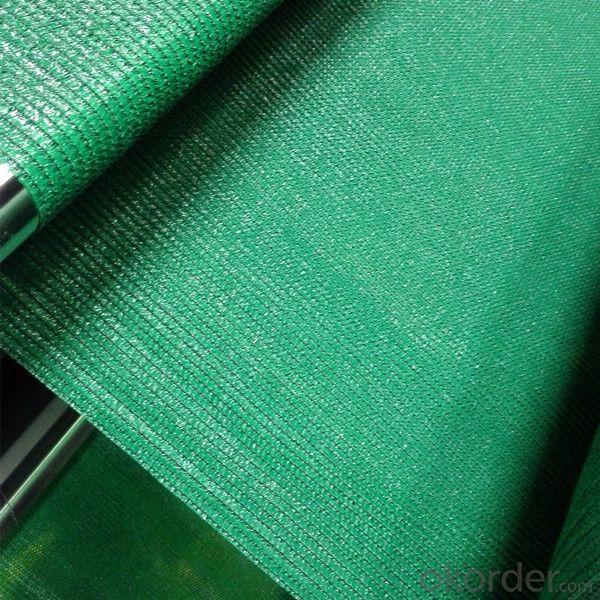
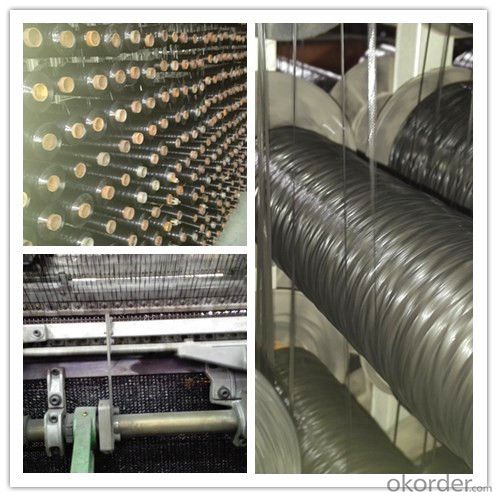
Packing: Each roll packed in one strong transparent pe cloth and one paper tube in it.
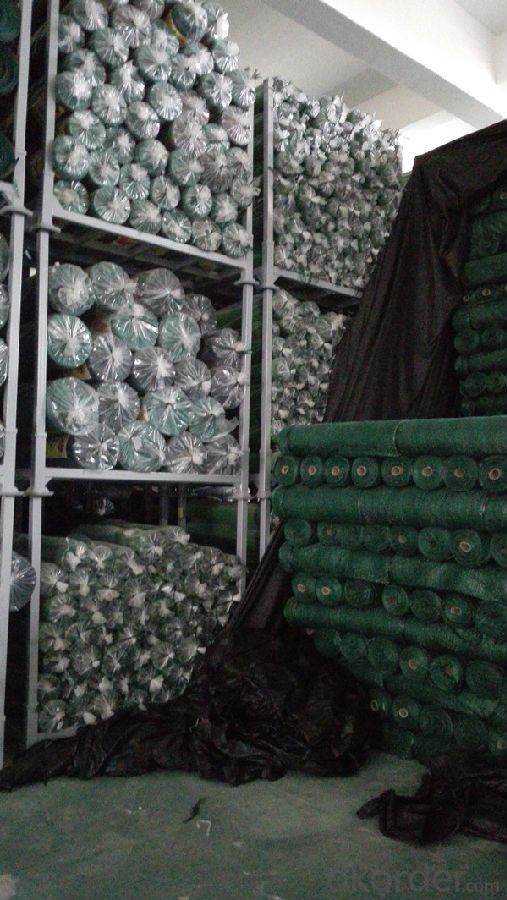
Application of green sun shade net :
The netting is ideal for Green Houses, Aviaries, Protecting Livestock, Indoor Plant and for Fruit and Vegetable shade covering, Courtyards, Scaffolding and Construction
Agricultural: provide shade against sunlight,frost,wind and hail damage and to control temperature, realization of high yield, high quality agricultural cultivation technology.
Horticultural: can be used for flowers ,fruit trees in greenhouse or greenhouse covering or outdoors.
Animals feeding and protect : can used for temporary fencing feed lots,chincken farms,etc.or protect plant against wild
animals.
Public areas: provide a temporary fencing for children's playgroud ,as a shade sail parking lots, swimming pools, beaches etc.
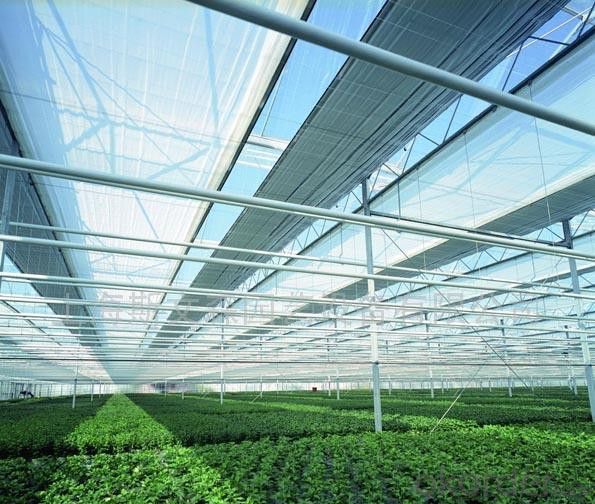
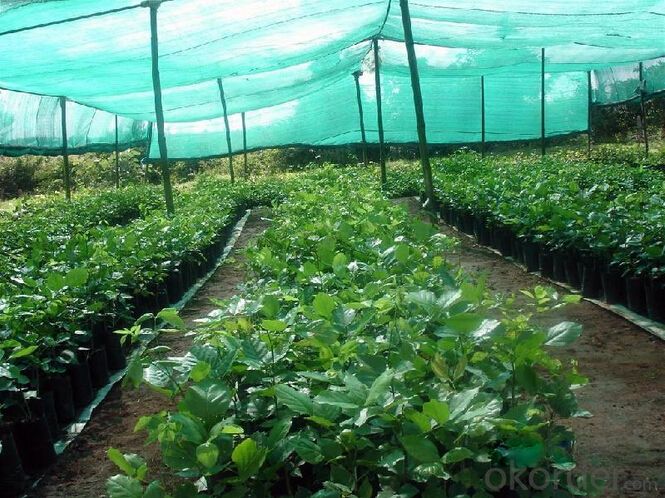
Certification:
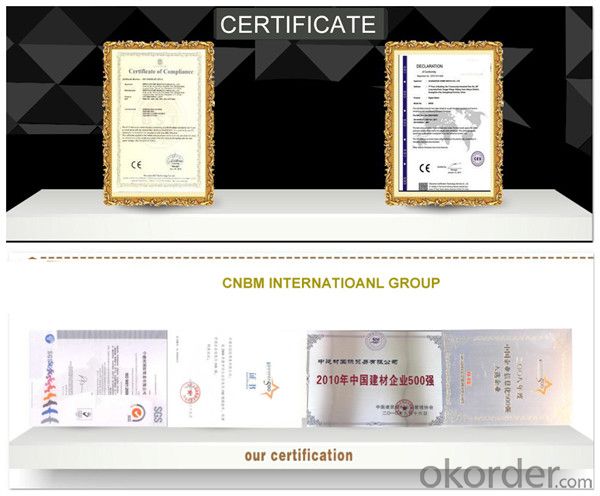
FAQ:
1. How can i get the sample?
Free sample is available.
2. Can we use our own shipping agent?
Yes, you can. We had cooperation with many forwarders. If you need, we can recommend some forwarders to you and you can compare the prices and service.
- Q: What are the disadvantages of using plastic nets?
- One of the disadvantages of using plastic nets is their negative impact on the environment. Plastic nets are non-biodegradable and can persist in the environment for hundreds of years, contributing to pollution and ocean plastic. Additionally, the production of plastic nets requires the extraction of fossil fuels and the emission of greenhouse gases, further exacerbating climate change. Furthermore, plastic nets can entangle and harm marine animals, leading to injury or death. Overall, the use of plastic nets poses significant environmental risks and contributes to the global plastic pollution problem.
- Q: How do plastic nets help in preventing bird damage to outdoor furniture?
- Plastic nets act as a physical barrier that can be placed over outdoor furniture, preventing birds from landing or perching on the surfaces. This helps in preventing bird damage as the nets make it difficult for birds to access the furniture, reducing the chances of them pecking, scratching, or leaving droppings on it.
- Q: What are the common uses of plastic nets in agriculture?
- Plastic nets are commonly used in agriculture for various purposes such as crop protection, shade provision, and support for climbing plants. They are used to create physical barriers to protect crops from pests, birds, or harsh weather conditions. Plastic nets also provide shade to delicate plants, preventing them from sunburn or excessive heat. Additionally, they are employed as trellises or support systems for climbing plants like tomatoes, cucumbers, or beans, aiding their growth and maximizing space utilization.
- Q: Can plastic nets be used for aquaponic systems for fish containment?
- Yes, plastic nets can be used for aquaponic systems for fish containment. They provide a cost-effective solution for creating barriers within the system to keep fish contained and prevent them from escaping. Additionally, plastic nets are resistant to water and durable, making them suitable for long-term use in aquaponic setups.
- Q: How do plastic nets affect the recycling process?
- Plastic nets can have a negative impact on the recycling process as they can get tangled in sorting machinery, causing breakdowns and delays. They also contaminate the recycling stream, making it difficult to separate and process different types of plastics effectively. This can result in lower quality recycled materials and decreased efficiency in the recycling process.
- Q: What types of plastic are commonly used to make nets?
- Polyethylene and polypropylene are commonly used to make nets.
- Q: How do plastic nets provide protection against erosion?
- Plastic nets provide protection against erosion by creating a physical barrier that prevents soil particles from being washed away by water or wind. The nets help to stabilize the soil, keeping it in place and reducing the impact of erosive forces. Additionally, they promote vegetation growth by retaining moisture and providing a suitable environment for seeds to germinate, further enhancing erosion control.
- Q: Are plastic nets used in the packaging of cosmetics?
- Yes, plastic nets are commonly used in the packaging of cosmetics. These nets help to secure and protect cosmetic products, preventing them from shifting or getting damaged during transportation.
- Q: Can plastic nets be used for creating lightweight structures?
- Yes, plastic nets can be used for creating lightweight structures. They are often used in applications where weight reduction is a priority, such as in construction, agriculture, and packaging industries. Plastic nets provide a strong and durable framework while being lightweight, which makes them suitable for various structural purposes.
- Q: Can plastic nets be used for aquaculture?
- Yes, plastic nets can indeed be used for aquaculture. These nets are commonly employed in fish farming and other aquaculture practices to contain and protect aquatic organisms. They are used for various purposes such as creating enclosures for fish, preventing predators from entering, and separating different species or sizes of fish within a farming system. Plastic nets are durable, flexible, and resistant to water, making them ideal for aquaculture applications.
Send your message to us
1 4 Plastic Netting - Greenhouse HDPE UV Protection Sun Shade Nettings with 30%-95% Shade Rate
- Loading Port:
- Wenzhou
- Payment Terms:
- TT OR LC
- Min Order Qty:
- 50 m²
- Supply Capability:
- 20000 m²/month
OKorder Service Pledge
OKorder Financial Service
Similar products
Hot products
Hot Searches
Related keywords
